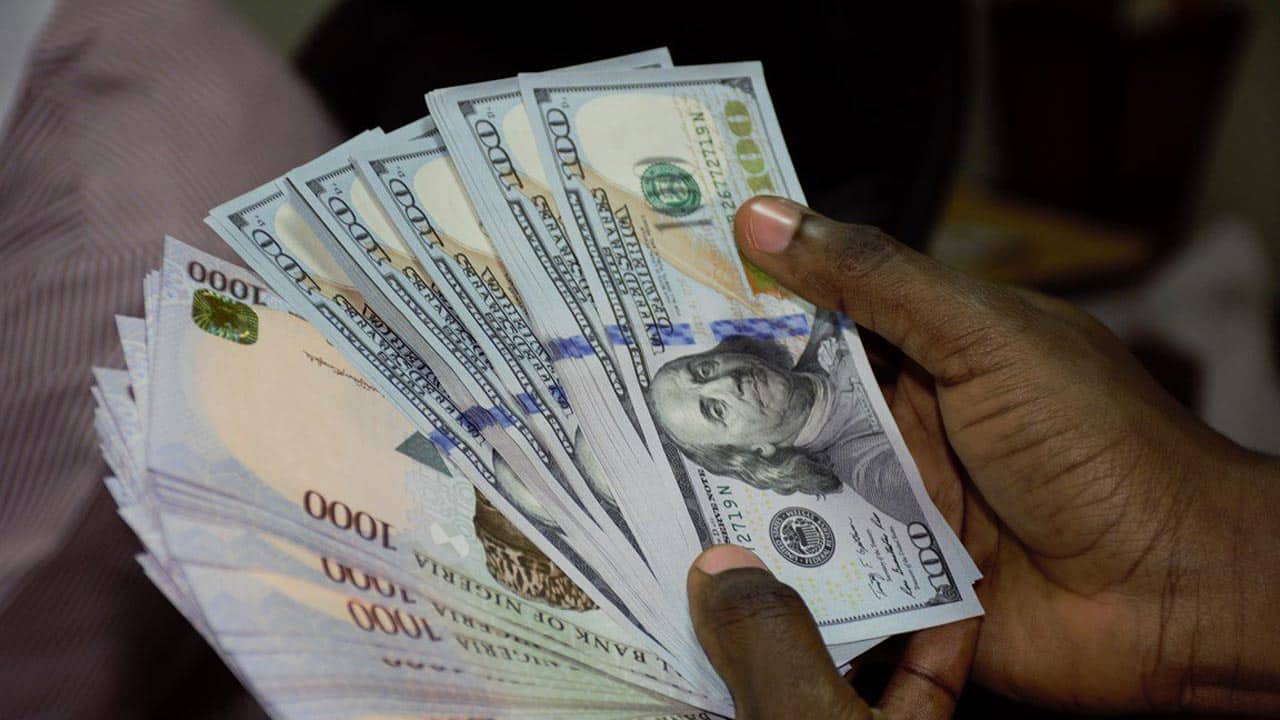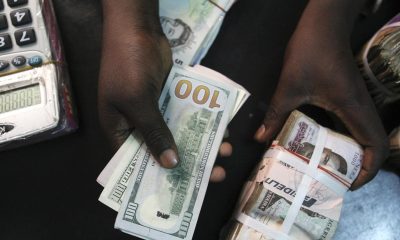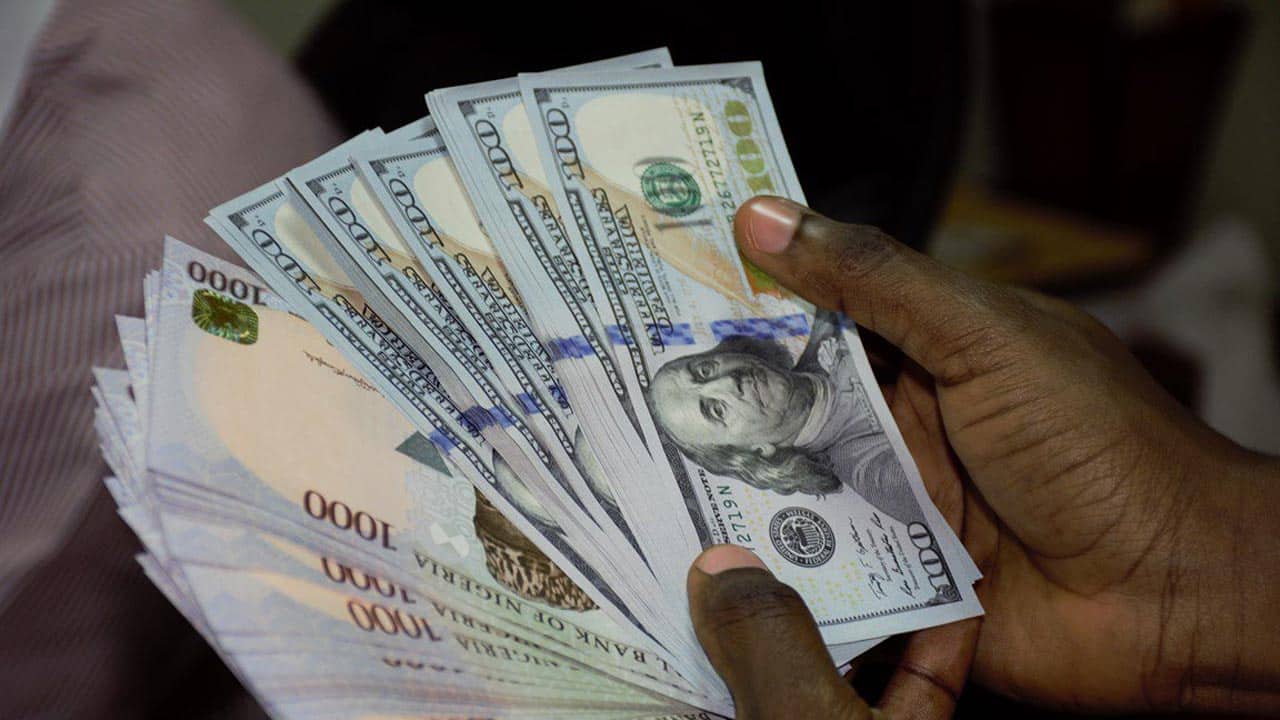Business
‘We Are Not Selling Dollars To Nigerians Today’ – BDC Operators Shut Down Market

The Association of Bureau De Change (BDC) Operators has reportedly decided that members will not open the market for transactions today, 1st February 2024.
Naija News understands the operators have agreed not to sell US Dollars to customers due to the continued slide in the value of the naira against the dollar.
The Union lamented that its members are being blamed for the continued fall in the value of the naira.
To this end, the BDC operators agreed to carry out a ‘no sales policy’ today after serious deliberations on how to reduce the fall of the naira.
“Nobody is coming to market tomorrow (today). We want to close the market because, honestly, the naira is just crashing anyhow. This was caused by some media reports this week that the dollar was now selling for ₦1,500 even though we were still selling at ₦1,400. Now everybody is blaming black market operators and that’s why we decided that the market will remain closed tomorrow (today).
“We will resume next tomorrow (tomorrow), and the rate should be less than ₦1,400/$,” a source in the BDC said on Wednesday.
Similarly, the Abuja chapter of the Association of Bureau De Change (BDC) Operators has announced the closure of their business premises indefinitely from Thursday, February 1, 2024.
The chairman of the Association, Abdulahi Dauran, said the scarcity of US Dollars was responsible for their decision while adding that online banking transactions and cryptocurrency were behind the scarcity of dollars.
Meanwhile, in an effort to stabilize the fluctuating exchange rate, the Central Bank of Nigeria (CBN) has issued a directive for Deposit Money Banks to offload their excess dollar reserves by February 1, 2024.
This move, disclosed in a circular released on Wednesday, is part of the CBN’s broader strategy to address the volatility in the foreign exchange market.
The central bank has raised concerns that some commercial banks have been maintaining long-term foreign exchange positions to profit from the fluctuations in exchange rates.
The new guidelines, as outlined in the circular titled “Harmonisation of Reporting Requirements on Foreign Currency Exposures of Banks,” aim to mitigate the risks associated with these practices.
This directive follows closely on the heels of another circular that cautioned banks and FX dealers against reporting inaccurate exchange rates.





